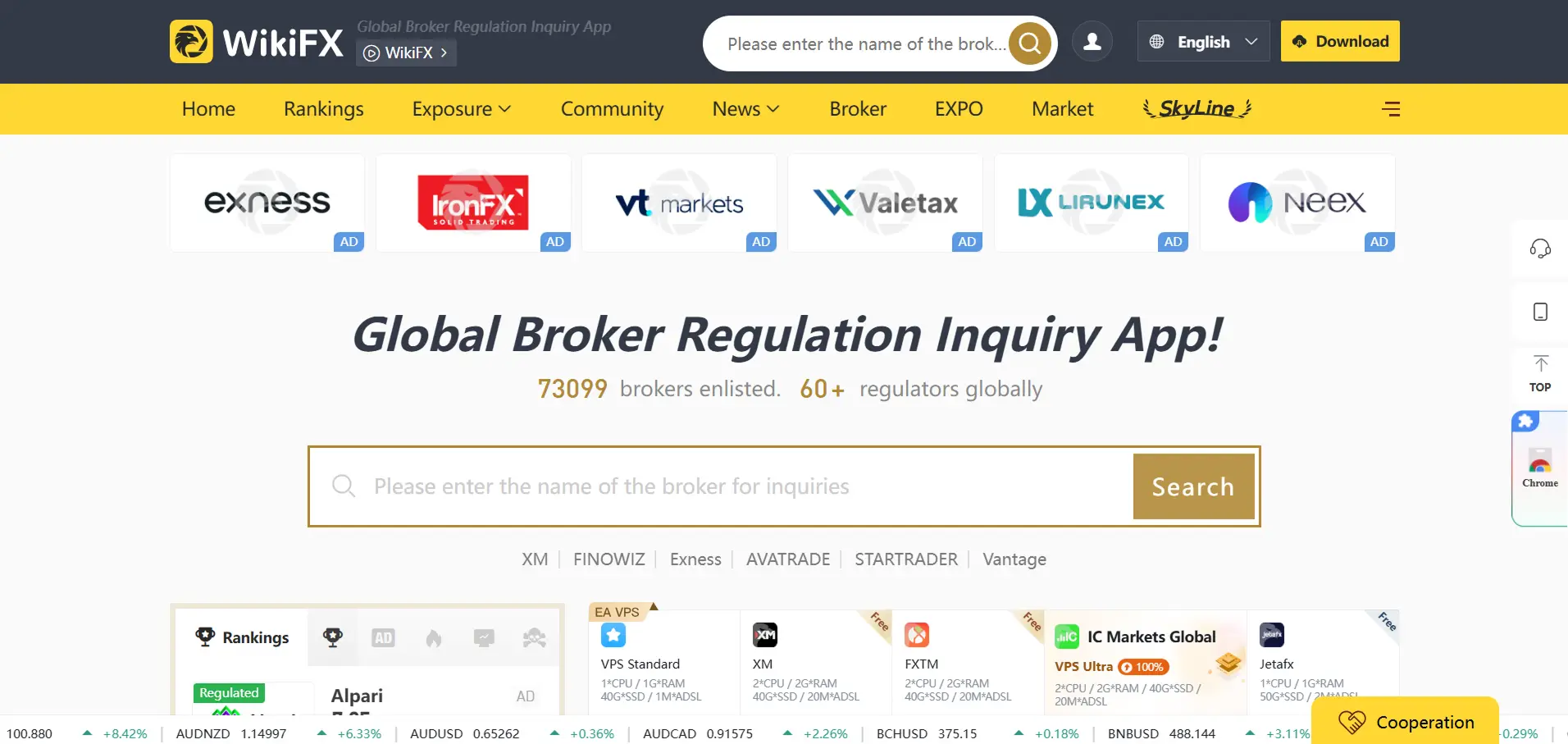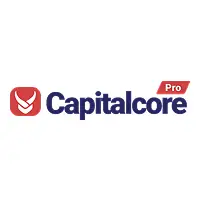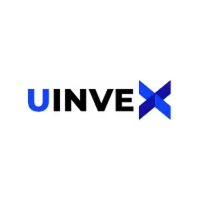- Wikifx provides a comprehensive database of over 30,000 forex brokers, allowing users to easily find and compare various trading options.
- The platform offers detailed regulatory and license information, helping traders identify legitimate brokers and avoid scams.
- Wikifx has a user-friendly app that facilitates quick downloads and easy navigation, enhancing the overall user experience.
- Some users report encountering mixed reviews about the reliability of the information provided, raising concerns about the accuracy of broker evaluations.
- There have been complaints regarding the responsiveness of customer support, which may hinder users seeking assistance.
- While Wikifx aims to help users recover lost funds, this process may not be guaranteed or effective for every case, leaving some traders dissatisfied.
WikiFX Scam? Beware of This So-Called Forex Broker Regulatory Inquiry App
In the world of trading, there is a sea of companies, brokers, and apps promising safety, transparency, and profits. Naturally, traders are on the lookout for trusted platforms to guide their investments and avoid scams. Among the popular names that often come up is WikiFX. While the platform presents itself as a trustworthy forex broker regulatory inquiry app, recent reports and user experiences suggest it may be far from trustworthy. Many traders are now warning others that WikiFX could be a WikiFX scam. And that misleads users, promotes unlicensed brokers, and profits at the expense of both traders and brokers. Ahead, this blog will discuss many aspects of this listing platform for brokers and provide you with a clear picture of how much harm it is doing to both traders and the listed trading platforms.

What Is WikiFX?
WikiFX calls itself the most trustworthy and genuine listing platform for traders who want to check broker licenses, read real reviews, compare ratings, and steer clear of scams. On their website and through the WikiFX Pro App, they say they offer everything you need to size up a broker—license checks, a look at past performance, and a collection of user feedback—all in one place. On the surface, it seems helpful—but the reality tells a different story. Multiple sources and user complaints indicate that it prioritizes profit over trader protection. The platform has been accused of promoting brokers who are unregulated, delaying or denying withdrawals, and charging brokers for better listings—a practice that has left many users financially exposed.
Paid Listings: A Dangerous Trap
One of the most concerning aspects of WikiFX Scam is its practice of asking brokers for money to increase their listing visibility. Essentially, brokers pay to appear higher on the platform’s rankings or to earn “awards” and positive ratings. This creates a conflict of interest:
- Brokers are motivated to pay for promotion rather than maintain ethical practices
- Users are misled into trusting brokers based on paid rankings rather than actual credibility
- This scam broker listing platform profits regardless of whether a broker is reliable or fraudulent
In other words, the platform earns money while both users and brokers can suffer. Users may deposit funds with brokers that appear “high-rated,” only to face blocked accounts or denied withdrawals. Meanwhile, legitimate brokers are pressured to pay just to compete in visibility, further skewing the platform’s integrity.
Fake Broker Endorsements & Manipulative Practices
Another aspect of the WikiFX scam is that it is known for showcasing “regulated brokers” and flashy awards. However, many of these brokers have been publicly exposed for:
- Blocking accounts for vague “violations”
- Withholding withdrawals
- Disappearing after receiving deposits
In WikiFX Scam tactics, they use these endorsements to create an illusion of legitimacy, making users believe the brokers are trustworthy. Their website content analysis methods are deliberately vague, leaving traders with no insight into how ratings are calculated or licenses verified. The platform’s tools, including the Pro App and browser extensions, push constant downloads and notifications under the guise of “monitoring broker safety.” In reality, these are smokescreens, funneling traffic to brokers that may actively deny withdrawals or manipulate accounts.
User Experiences: A Pattern of Loss
Countless real traders have shared stories of being misled by WikiFX scam:
- Accounts frozen for “suspected collusion” with no proof
- Withdrawal requests are denied with vague or false claims
- Brokers promoted as “licensed” actually operating without regulatory oversight.
- Customer support of top-listed broker platform is unresponsive after deposits
- Brokers vanishing after larger deposits, leaving users stranded.
What’s worse, it often shifts blame to users, citing alleged violations like “hedging,” “using EAs,” or “fraudulent activity,” even when these claims are not backed by contract terms. This tactic serves to silence victims and protect fraudulent brokers.
WikiFX Scam Real Danger: Profit Over Protection
Their business model seems designed to earn money at the expense of trust and safety. By charging brokers for better listings, promoting paid rankings, and providing an illusion of oversight, the platform:
- Misleads new traders into risky investments
- Creates a false sense of security with awards and ratings
- Puts brokers under pressure to pay instead of acting ethically
In summary, the WikiFX scam involves more than just deceiving users; it’s a system where the platform makes money regardless of what happens to traders or brokers. As a result, this fraudulent broker review and listing platform quietly makes money while both parties are at risk.
Conclusion:
For anyone considering forex trading, WikiFX is not a reliable source of safety or information. Its rankings and so-called regulatory analysis are designed more for profit than protection.
- The platform promotes brokers based on paid listings, not legitimacy
- Users risk blocked accounts, lost funds, and ignored complaints
- Brokers are incentivized to pay for visibility, regardless of performance
- It blames users for issues while continuing to funnel traffic to risky brokers
Although it might seem reliable, there is evidence that it operates as a WikiFX scam, making money off of both traders and brokers. Putting your trust in this platform could result in unresolved complaints, blocked accounts, and financial loss. It should be completely avoided by traders who value their investments. Instead, it is always better to check official regulatory organizations that are reputable. Some examples of such regulatory bodies are the FCA, ASIC, or CySEC, which confirm broker licenses. The only reliable way to protect your money from such fraudulent and dubious platforms is to be vigilant, aware, and do your own research.





